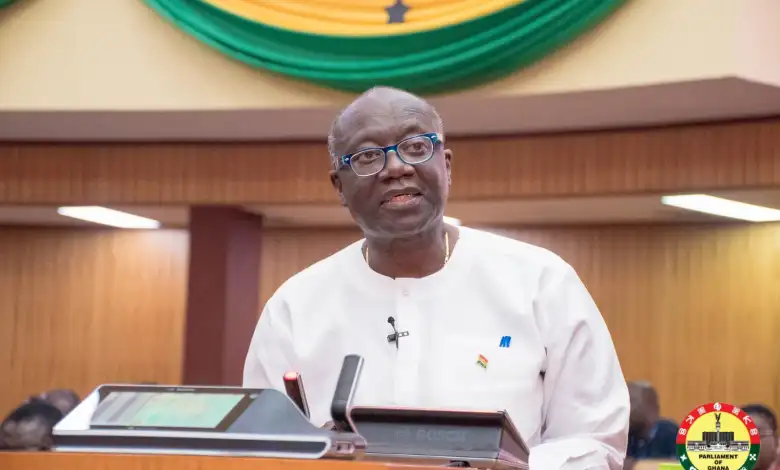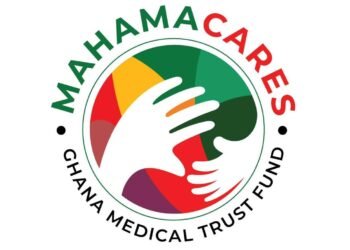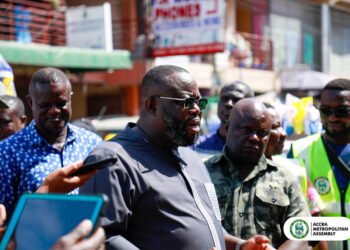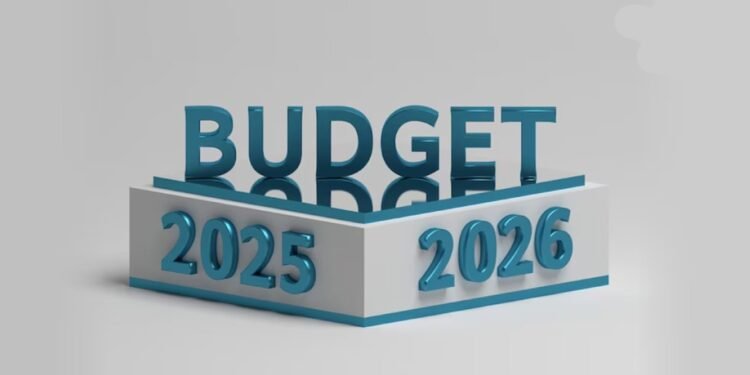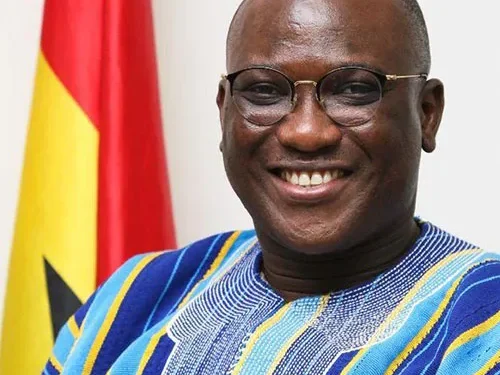In response to Ghana’s economic challenges, the government introduced stringent measures in the 2023 Economic Policy and Budget Statement, aiming to protect the public purse.
These directives included a 50% reduction in fuel allocations, a ban on luxury vehicles for government use, and limitations on vehicle purchases, emphasizing locally assembled options. Despite these efforts, Ghana is grappling with a severe economic downturn, prompting calls for further measures in the upcoming 2024 budget.
Priror to the 2023 Budget, former President John Dramani Mahama emphasized the need to curb frivolous spending, pointing out a ballooning budget for the Office of Government Machinery.
“The budget of the office of government machinery has ballooned over the last six years from a little over GH¢700 million to GH¢3.1 billion in 2022. Substantial savings of GH¢1 billion or more can be made by slashing the budget of the Office of Government Machinery.”
John Dramani Mahama
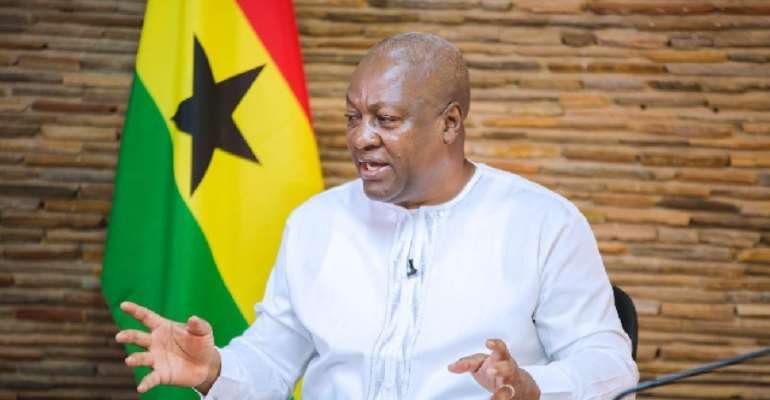
The Minority in Parliament echoed these concerns, urging the government to cut expenditure for economic stabilization. However, Economist Professor Charles Ackah advocates for increased expenditure, emphasizing the importance of addressing inefficiencies and waste instead.
“I disagree because our expenditures are not that high; rather, there is wastage. So what we should be calling out for is efficiency in government expenditure and plucking the wastage and corruption.
“If you don’t do that and you call for a blanket cut in expenditure, we know they will not reduce the size of government. So eventually, they [government] are going to cut the expenditures that go to the poor. We need to look at what expenditures are useless or inefficient, where is the wastage so that we can cut them.”
Professor Charles Ackah
As Ghana awaits the 2024 budget, urgent attention must be given to waste and inefficiency within government agencies. While expenditure reduction is crucial, a blanket cut might adversely affect essential services. Professor Ackah emphasizes the need to identify and eliminate wasteful spending while maintaining critical services.
The directive to reduce fuel allocations by 50% is commendable, but a comprehensive review of the fuel allocation system is essential. Transparency, accountability, and adherence to fiscal goals should guide the process, whether through coupons, electronic cards, or fuel depots.
The ban on luxury vehicles for government use, excluding cross-country travel, aligns with the goal of prudence in fleet management. Registering all government vehicles with GV green number plates enhances accountability and transparency, aiding citizens in identifying government-owned vehicles.
The freeze on hiring civil and public servants, coupled with the suspension of non-critical projects, reflects a pragmatic approach to resource management. Redirecting funds towards essential projects and streamlining the workforce demonstrates a commitment to efficient resource utilization. It is very important to find mechanisms to check the black market system of hiring public servants.

As the government presents the 2024 budget, the focus on cutting waste and inefficiencies is paramount. These measures contribute not only to fiscal responsibility but also build trust among citizens, showcasing a commitment to the prudent use of public resources. A transparent and accountable financial management approach will pave the way for a more prosperous and sustainable future for Ghana.
However, as the country faces a standstill with IMF over the second tranche of USSD 600 million, the government is expected to continue a path of prudent fiscal policies.
The Finance Ministry has, earlier, characterized the 2024 budget statement as a vital document set to be presented by the Minister. The Ministry has emphasized that the budget follows the successful completion of the first review of the three-year program with the International Monetary Fund (IMF). In an earlier release, the ministry assured the country of deepening stability and promoting growth.
Significantly, this is the last budget of this government, and as such may be likely the way Ghanaians will forever remember the Nana Addo – Bawumia – led government.
READ ALSO: 2024 General Budget: The Nemesis Of Ghana’s Dying Economy



